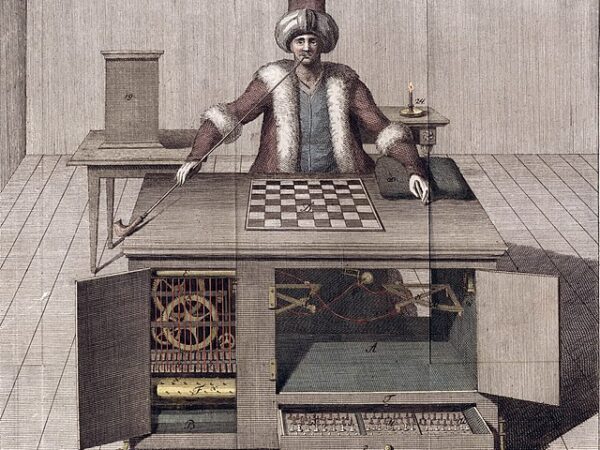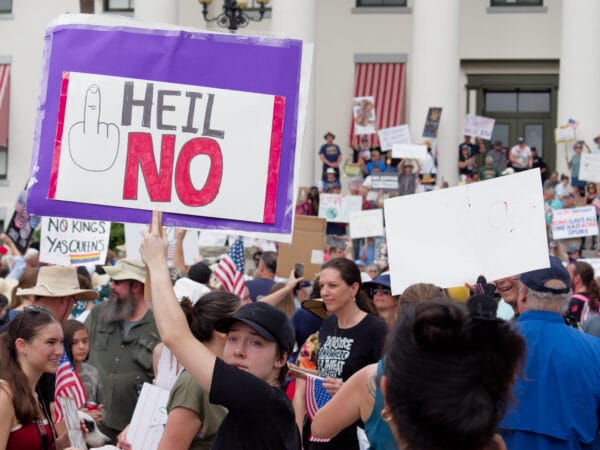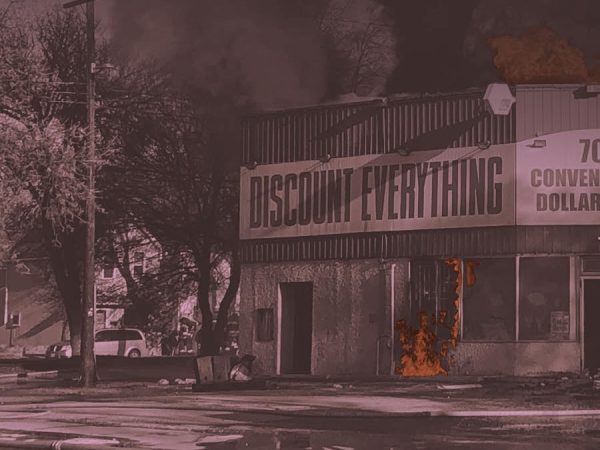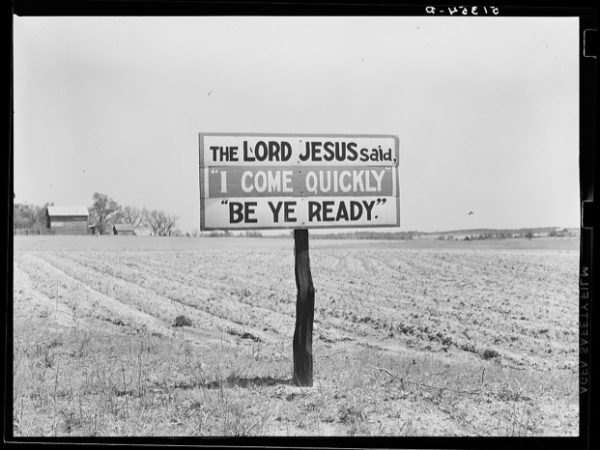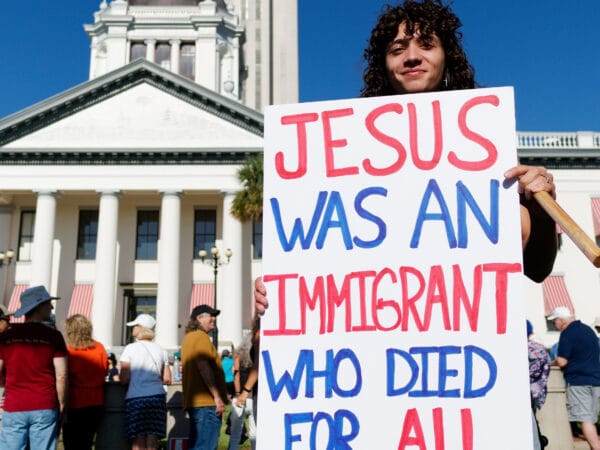
On Democratic Disagreement as Ethical Formation

Love disrupts both the ruin and misery we inflict upon others as well as our preoccupation with ourselves, for these are interdependent, synergistically working together for the degradation of all.
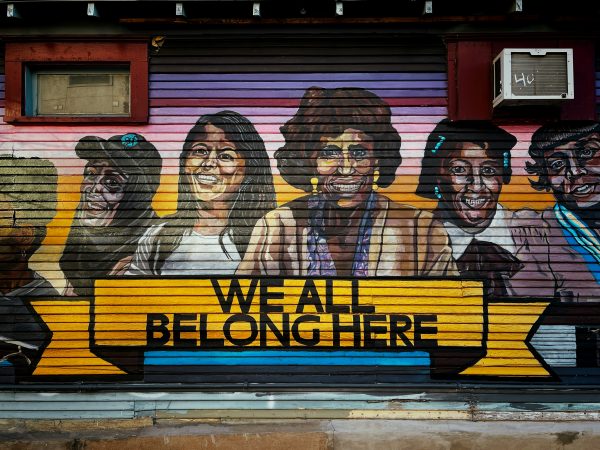
If we want to experience the full effect of Easter, we must recognize that it’s not just about Jesus…it sends ripples through the cosmos as it signals the dismantling of worldly kingdoms built on exploitation and invites us to participate instead in a social order that reflects God’s intentions for the flourishing of all.

This theological dimension, which does not exclude messianism but coexists with it, is not new to Zionism and has been present in it from its inception; articulating it will therefore contribute not only to understanding the history of Zionism, which is far from being as peace-seeking as it often tells itself, but also to understanding the wide Israeli support of the genocidal war on Gaza.

In turning away from more abstract debates about liturgy to those that center on its lived and material dimensions, we hope to enliven a conversation about ‘lived liturgy’ to consider what practices uphold, challenge, or fail to account for the global political order.
